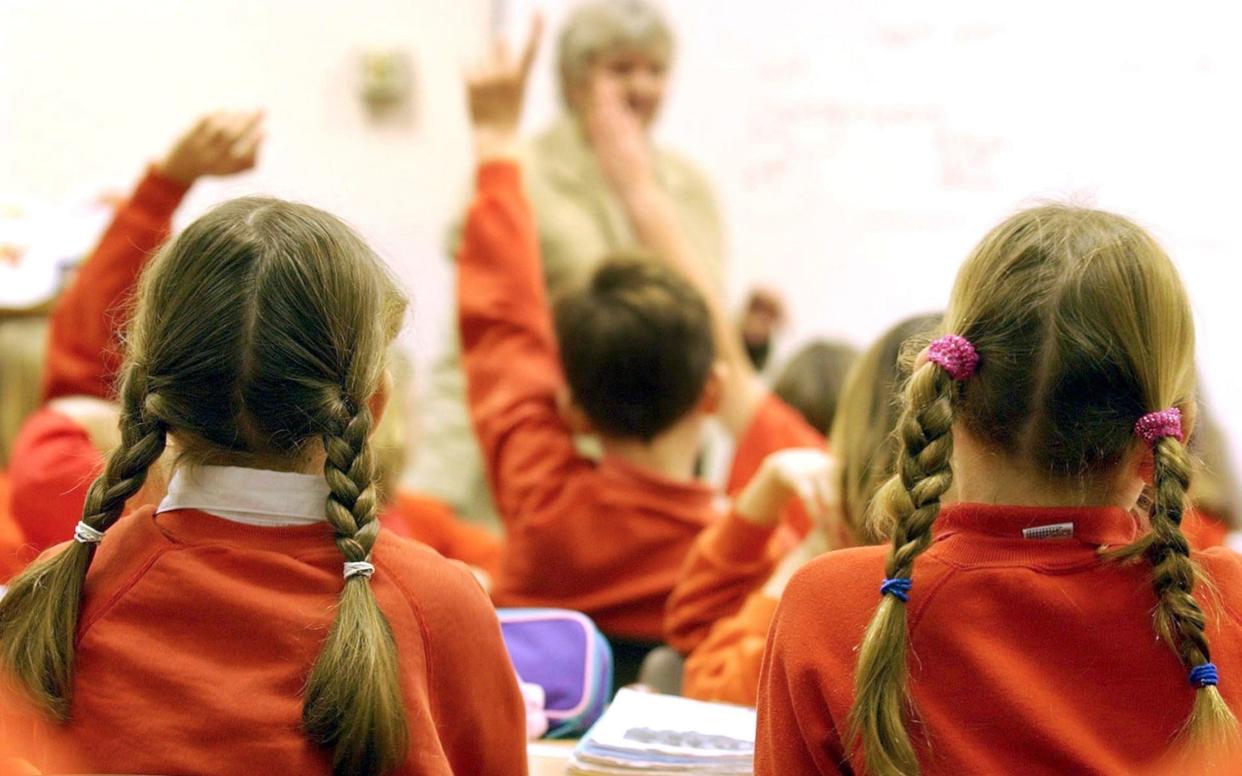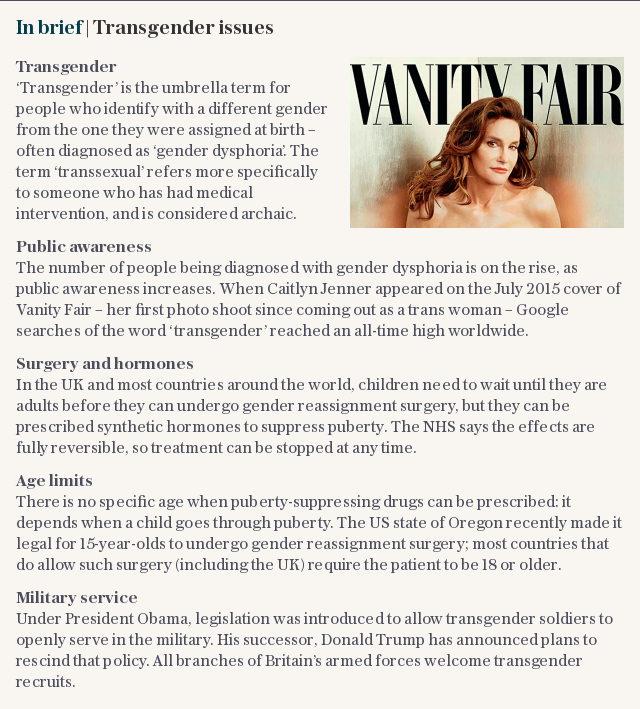Primary school pupils should be taught what it means to be LGBT, Royal College of Paediatricians says

Primary school children should be taught what it means to be lesbian, gay, bisexual or transgender, leading doctors say.
The Royal College of Paediatricians and Child Health (RCPCH) is urging ministers to go further in their guidance on sex and relationship classes, which will become compulsory from 2020.
Draft Government recommendations say schools are free to determine how they address lesbian, gay, bisexual and transgender (LGBT) issues, ensuring teaching is “sensitive and age-appropriate”.
But senior doctors are calling on the Government to be more upfront, saying that primary school children should be given clear information about different types of sexuality.
In response to a consultation on the matter, the Royal College says: “There needs to be a clear statement that LGBT people and relationships are part of teaching about healthy relationships in primary school. This can be demonstrated in relation to families - but also it is helpful to children to learn the meaning of terms such as lesbian, gay and bisexual”.
Paediatricians also said children should be taught the proper names for body parts, and about
emotional changes during puberty.
Dr Max Davie, the college’s officer for health promotion, said: “We need to talk to children like they are intelligent beings. They are curious. My children know people who are gay or lesbian, it’s not that big a stretch to be talking to children about bisexuality.”
Frank discussions about such matters would prevent “sniggering at the back,” he said.

“This is about giving things their proper names and demystifiying them. There is nothing mysterious or shameful about it, it’s not about promoting LGBT as superior to anything else, it’s just setting out the facts,” he said.
A public consultation on Government guidance on relationships, sex and health education closed last week. It follows leglisation which means relationships education will become compulsory in primary schools, with sex education in secondary schools, from 2020.
The college said the Government’s current plans do not go far enough.
Dr Davie said: “We have got a strong committment against discrimination on LGBT and we need to commit to that.”
The senior doctor suggested such discussions were best when children are in the final two years of primary school, aged between nine and 11.
However, he urged teachers to take care in explaining transgender issues, amid an increasingly heated debate about a Government consultation on allowing people to “self-identify” as their chosen gender.
“I think it’s very contentious so I think you have to be quite bland,” he said, suggesting that primary school children might be told “some people identify in different ways; you have to love and respect them.”
“It is a tricky nuanced debate so i think its best to stick to talking about a culture of love and respect,” he said.
Primary school pupils should also be given information about healthy behaviours during pregnancy and parenting, the RCPCH said, including familiarity with breastfeeding.
“It is about how to grow up in an environment where breast feeding is normalised, being matter of fact about it,” Dr Davie said.
In it’s call for evidence, the Department for Education said opinions were split as to whether it is appropriate to teach any subjects relating to sex education at primary school, and about when children should be taught about LGBT relationships.
A DfE Spokesperson said: “We want all children to grow up to become happy, healthy and safe, which is why we are making Relationships Education compulsory for all primary schools as well as Relationships and Sex Education (RSE) compulsory for all secondary schools.
“The draft guidance is clear that teaching should look at healthy relationships – which includes LGBT relationships – and that all pupils learn about equality. The draft guidance is also clear that RSE should be relevant to all pupils, whatever their developing sexuality or identity, in an age-appropriate way.”

 Yahoo News
Yahoo News 
